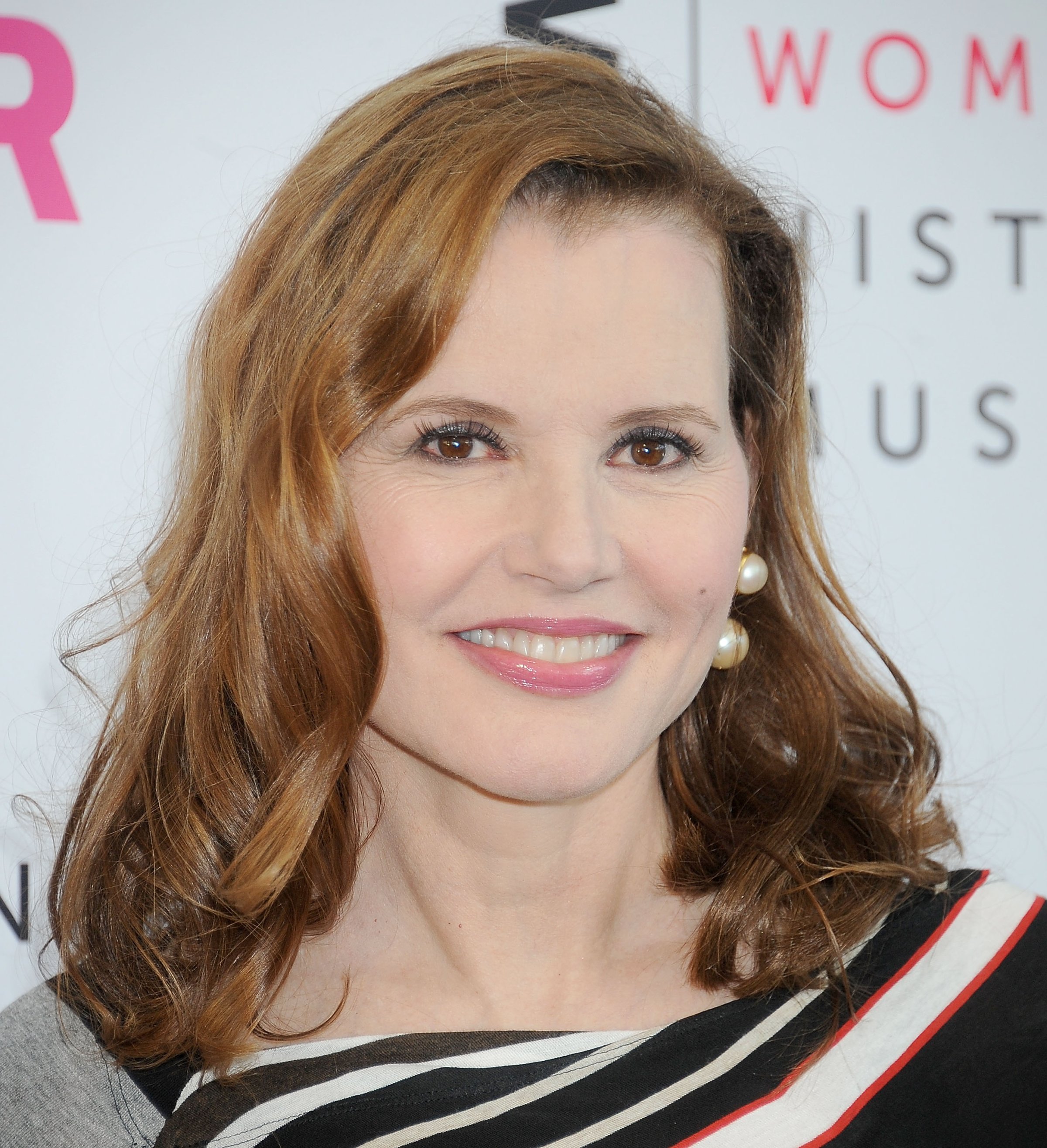
Nearly 25 years after Geena Davis went over a cliff with Susan Sarandon in Thelma & Louise, the actress says little has changed when it comes to gender equality in the film industry.
“Having been in some roles that really resonated with women, I became hyper-aware of how women are represented in Hollywood,” Davis said in an interview with Britain’s Guardian.
Davis founded the Geena Davis Institute in 2006, which works to promote gender balance in the media and entertainment industries. The research-based organization is launching its first Global Symposium on Gender in Media next month at the London Film Festival, and comes as women in Hollywood are sounding off about gender equality — from Patricia Arquette to Anne Hathaway, Emma Thompson, Carey Mulligan and Meryl Streep.
But even with the recent slate of films with strong female leads, like Trainwreck, Bridesmaids and The Hunger Games franchise, Davis says the ratio of male to female characters “has been exactly the same” since 1946, and that times haven’t really changed at all.
“After Thelma & Louise, which was pretty noticed and potent and significant, [people were saying] ‘This changes everything! There’s going to be so many female buddy movies!’ and nothing changed,” Davis said in the interview. “And then the next movie I did was A League of Their Own, which was a huge hit and all the talk was, ‘Well now, beyond a doubt, women’s sports movies, we’re going to see a wave of them because this was so successful.’ That’s balls. It took 10 years until Bend It Like Beckham came out. So, there was no trend whatsoever.”
Davis has been an outspoken proponent of gender equality in Hollywood for some time. “When I go into these meetings, I say, ‘If you are going to make a movie starring a woman, that is great, and please cast me,’” she told Vanity Fair earlier this year. “ ‘But what I would love for you to do is to look at the movies you are already going to make, that you have planned out and slated, and just go through [their scripts] and change some first names to female names. Just with the stroke of a pen, you’ve now created probably very unique un-stereotyped female characters.’”
You can read her full interview at the Guardian.
More Must-Reads from TIME
- Why Trump’s Message Worked on Latino Men
- What Trump’s Win Could Mean for Housing
- The 100 Must-Read Books of 2024
- Sleep Doctors Share the 1 Tip That’s Changed Their Lives
- Column: Let’s Bring Back Romance
- What It’s Like to Have Long COVID As a Kid
- FX’s Say Nothing Is the Must-Watch Political Thriller of 2024
- Merle Bombardieri Is Helping People Make the Baby Decision
Contact us at letters@time.com